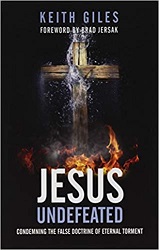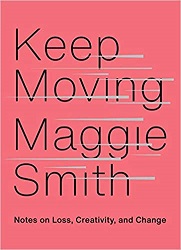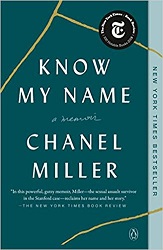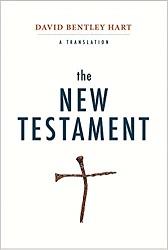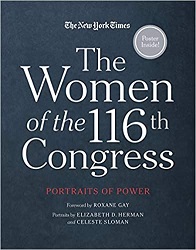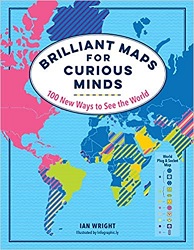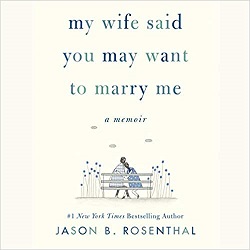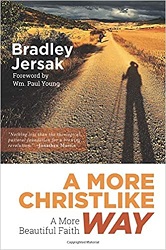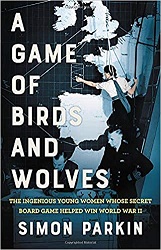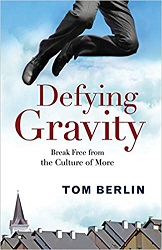Review of Jesus Undefeated, by Keith Giles
Condemning the False Doctrine of Eternal Torment
by Keith Giles
Quoir, Orange, California, 2019. 193 pages.
Review written September 30, 2020, from my own copy, purchased via amazon.com
Starred Review
2020 Sonderbooks Stand-out: #1 Christian Nonfiction
I’ve been a Universalist since 1998. I believe that God is going to save everyone. I do believe there is a hell, but that it doesn’t last forever, and is for correction. Just as terrible experiences in this life sometimes are what it takes to set us right. At the time, I came to that view from reading George MacDonald and the New Testament, but at first I didn’t know of any living Christian who agreed with me, which was a lonely feeling.
But over the years, I’ve found more and more writers who agree with me, including many alive today! I’ve studied the Scriptures and feel more and more confident that this is the most consistent way to interpret the New Testament, and the most in line with the meaning of the original language. I even learned that this is what the early church of native Greek-speaking people believed, and that it wasn’t until Augustine, who didn’t speak Greek, that the majority view changed and eternal punishment was popularized.
So I am now firm in my beliefs about this, but I still enjoy reading new books about universalism as they are published, because they simply make me happy. This is truly Good News! God the Father truly loves everyone, and reading about that makes me happy.
Each book also brings something new to the discussion. People interested in learning more about universalism can start with any of the books I list on the side of this review. This one would make a great starting place, presenting the alternatives and why universal reconciliation fits with Scripture. I like the way he also quotes many of the church fathers to make his case.
There are basically three views of hell you can get from the New Testament – Eternal Suffering, Annihilation (Conditional Immortality), and Universal Reconciliation (Patristic Universalism).
But what if all three views were “Biblical”? What if all three views based their doctrine on the “clear teachings of Scripture”? What if they were only affirming certain verses in the Bible that conformed to their view and had developed elaborate explanations for why those other verses didn’t teach what they appear to teach?
Well, I’m here to tell you, I think that all of those statements above are essentially true. Because, after looking at all three views, I can tell you that all three are certainly Biblical, (meaning they base their teaching on the Bible), and all three views assume to take a “clear teaching” approach when it comes to the verses that support their view (while arguing that opposing verses require more discernment to understand).
Obviously, either one of them is the correct view, or they are all wrong. But, they cannot all three be right. Hopefully we can all agree on these points.
So, I will fully admit that – whatever view you embrace – you must make a decision to accept a certain set of verses as authoritative and to dismiss another set. Neither of these three Christian views of Hell are iron-clad. Someone can always say, “But what about this verse?” and you will either have to explain why that verse isn’t saying what it appears to say or admit that you don’t know what it means, while you still hold tightly to the view you’ve decided to embrace.
To be fair, the Christian church took over 500 years to even attempt to divide over this teaching.
That’s from Chapter 2 of this book, “Always Three Views.” Keith Giles goes on to show us the main verses supporting each of the three views, but then why he thinks the strongest case is made for universal reconciliation.
I think my favorite chapter is “The Fruit of Universalism,” because it reflects the joy that’s come into my life since I adopted this view. Here’s a bit from that chapter:
The more I’ve studied the doctrine of Universal Reconciliation, the more I’ve started to notice something about those who embrace the view: they tend to be more loving and accepting of those who are unlike them.
Maybe it’s because when you realize that everyone is equally loved by God, and that God is really intending to bring everyone to repentance, and that, one day, every knee will bow and every tongue will gladly confess that Jesus Christ is Lord, well, you kind of relax and enjoy being alive.
See, instead of seeing people as “saved” or “lost,” and grouping everyone you meet into the “Christian” or “non-Christian” category, you may start to see people as simply people.
Not only that, but you also begin to see them as God sees them. You slowly recognize that everyone you meet – regardless of their beliefs or spiritual condition – is someone who is dearly loved by God. You also start to understand that everyone you meet is indeed your brother or sister, and you realize that we all have the same Heavenly Father.
This really starts to change the way you treat other people. It starts to bear good fruit in your life. It even makes it easier to love others as Christ has loved you, without conditions or strings attached.
Eventually, you begin to recognize that God loves everyone much more than you could ever love them; even your own family members who may be far from faith in Christ at the moment. You start to realize that God has a grand design in motion to draw everyone to Himself, eventually. We get to take part in that, if we can learn to abide in Christ and collaborate with the Holy Spirit in this process. But, we can also enjoy a newfound sense of ease with this process. Because now we’re not fighting the clock or worried about closing the sale. Instead, we’re trusting in God’s ultimate victory which is inevitable and unstoppable.
I hope that some find this excerpt intriguing. When I first realize what George MacDonald was saying, I didn’t think I could believe universalism because the Bible didn’t teach it – but MacDonald clearly thought it did, and he had studied the original Greek text. So I do appreciate that Keith Giles shows the reader that there is strong evidence that indeed one day in Christ all will be made alive.
JesusUndefeated.com
KeithGiles.com
quoir.com
Find this review on Sonderbooks at: www.sonderbooks.com/Nonfiction/jesus_undefeated.html
Disclosure: I am an Amazon Affiliate, and will earn a small percentage if you order a book on Amazon after clicking through from my site.
Disclaimer: I am a professional librarian, but the views expressed are solely my own, and in no way represent the official views of my employer or of any committee or group of which I am part.
What did you think of this book?
